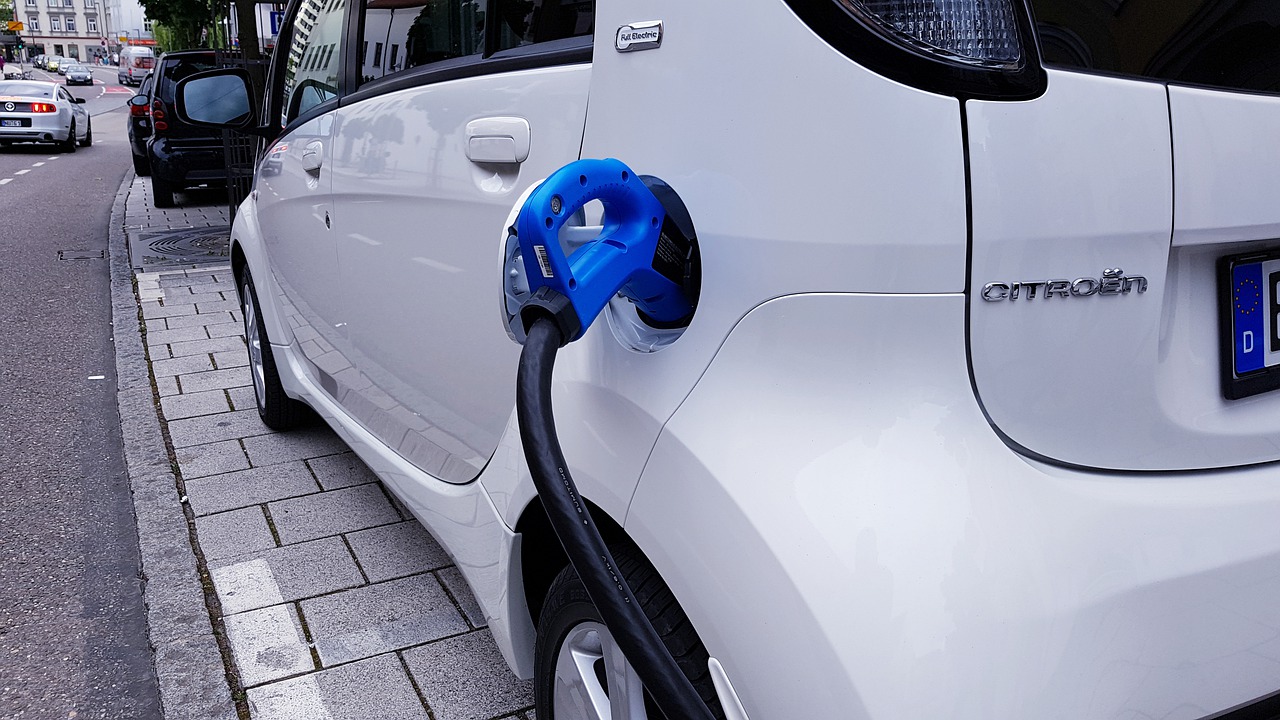There used to be a time when most cars ran off petroleum (or petrol); however, with the discovery and evolution of engines and technology, some run on diesel and, more recently, electric. The notion of cars operating off electricity seems so far-fetched and a thing of sci-fi books. However, companies such as Tesla and Hyundai have found ways of creating vehicles that run off electricity rather than the usual petrol.
Why Does Fuel Matter?
Before there even being a choice of the type of fuel a car could run on, petrol was the only option; however, environmentalists have raised concerns about the impact of petrol. As a fossil fuel, it contributes to pollution as it emits carbon dioxide, a greenhouse gas.
Car companies have listened to their consumers. They have responded by creating vehicles that are a hybrid of petrol and electric. While the price tag is not quite that of an electric car and petrol, it is a happy medium. Hybrids are an excellent introduction for those who are looking for environmentally sustainable vehicles but don’t have the funds to buy a fully electric car.
Understanding Electric Cars
Electric cars have been hailed as being one of the best alternatives to ordinary petrol cars. Compared to their counterpart of petrol, electric vehicles tend to have a better response rate in terms of engine mechanics. With an electric vehicle, there is no lag between you hitting the “gas” or accelerator. Instead, the driver feels an instant smooth response. In a way, this can be attributed to the quality of the materials used to design and build electric cars. They have a longer road lifespan than the typical petrol car.
They are cheaper to maintain with electric cars as their engine is not as complex as a diesel or petrol engine. Depending on the make and model, they can be charged via a charging station or solar panels. Many environmentally conscious companies are promoting the use of electric cars on the road by building charging stations and collaborating with government initiatives to offer shoppers rebates.
Unsure if an electric car is suitable for you? Consider these pros and cons.
Pros
- Environmentally friendly – zero emissions
- Quieter engine and motor
- Instant acceleration
- Low maintenance
- Uses a renewable energy source
Cons
- Short distance driving
- Not ideal for rough terrain
- Refueling (recharging) is not instant, requires time
- Higher price tag
- Limited car selection
These are just a few of the pros and cons of going with an electric car. One particular thing is that the future is shockingly bright as many are looking for environmentally friendly transportation methods.
Understanding Petrol Cars
There is a good chance that the car you are driving runs off petrol, and there is a good chance you have always driven a petroleum car. Compared to electric, petrol cars are much cheaper to purchase but also to fuel. As they are the most predominant on the road, there is the infrastructure to fuel and accommodate them.
While there is a push to encourage drivers to take advantage of government rebates on electric cars, petrol vehicles still dominate the market. Not only are they cost-effective, but they tend to go further than electric cars. Typical petrol vehicles, depending on their tank, can travel up to 400 miles, four times more than an electric car. For those who are fans of road trips or who have a budget, it’s no wonder why petrol-type vehicles continue to dominate the roadways.
Before you consider a petrol car, consider these pros and cons.
Pros
- Cheaper to repair
- Longer mileage
- Better power
- Economical overall for the car
- Low maintenance costs
- Agile (acceleration and speed)
- Quick and inexpensive to refuel
Cons
- Greenhouse gas emission
- Not fuel-efficient
- Depreciating value
Suppose you are looking for a car and not overly concerned about efficiency or emissions. In that case, petrol engines are most likely going to be the ideal choice. These days, you can find cars over 20 years old on the roads still running.
Understanding Diesel Cars
Typically, when we think of diesel, we think of big trucks; however, some car brands have designed their engine to solely use diesel. These automotive brands include Chevrolet, Ford, and Jeep. When you look at their inventory, many of these vehicles are often used in heavy-duty towing or moving of heavy equipment.
Diesel cars are also often used for long stretch trips, as they often provide better mileage. Though diesel is a step up from petrol vehicles, they still emit carbon dioxide, just not as bad as the former. There is a push to ban or apply heavier taxes on cars that emit ample greenhouse gas emissions in some countries. Though there is this movement, there is no denying that it is slightly more cost-effective than petrol when it comes to fueling diesel cars.
Considering a car that runs on diesel? Consider these pros and cons.
Pros
- Fuel efficient – uses 30% less than petrol
- Lower greenhouse gas emission
- Longer engine life
- Powerful engine capacity
- Great for long trips
Cons
- More expensive than petrol cars
- Costs more to refuel
- Expensive to maintain
- Nosier than petrol and electric
While diesel is a more expensive investment than petrol cars, they do offer better benefits. There are limited options in what cars are available in diesel format; however, if you enjoy large trucks and jeeps, then you are in luck. Diesel is going to be what fuels your car.
Choosing Your Car and Fuel
When it comes to choosing a car, the type of fuel it takes is not one that usually crosses a shopper’s mind. Typically, the focus is on fuel efficiency, mileage, and overall cost; however, they are often impacted by the type of fuel a car takes when you look at these factors.
Knowing your driving habits and purpose is an excellent way of knowing which car and fuel type are the most suitable. There are ample factors to consider when looking to buy a vehicle from their fuel source of electric, diesel, and petrol to your overall budget.


